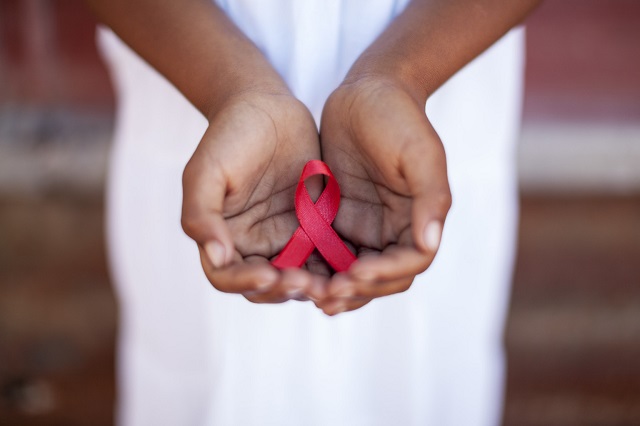
Prevalence of depression and other mental health disorders is high among people living with HIV
Kampala, Uganda | THE INDEPENDENT | A psychiatrist at Makerere University has urged the Ministry of Health to adopt group mental healthcare also known as group support psychotherapy for people living with HIV that develop depression.
Dr Etheldreda Nakiwala Mpuungu who has reached more than 1,000 people living with HIV and depression in her continuous study to test its efficacy says participants involved in group treatment recovered from the mental illness six months later and remained free two years after treatment.
Nakiwala says that she started testing her treatment innovation in 2012 having realized that the country has only a few health workers that specialize in mental health and yet a lot of people who live with HIV were presenting late to big health facilities with mental health complications and yet some never get to seek care at all.
Figures globally already show that depression rates are higher among those living with HIV than the general population. According to figures by the United Nations Joint Programme on HIV/AIDS (UNAIDS), the prevalence of depression and other mental health disorders among people living with HIV in sub-Saharan Africa is estimated at between 13 and 78%.
However, even as figures point to a problem, in many countries including Uganda, screening for depression is not done at HIV clinics. All they do is basic counselling. This treatment Nakiwala says comes in handy.
Delivered by lay health workers to groups of patients, the treatment involves eight sessions of therapy delivered in eight weeks with each focusing on different topics where the first session is introductory and the last focusing on livelihood skills for those involved.
Initially, they involved 109 participants in Kitgum district, grew them to 574 but went on increasing the numbers and expanding to different districts having realized that those involved didn’t only get cured but they also adhered more to the HIV medications and improved economically.
They also compared the outcomes of care with a control arm where the other group were only given HIV related information and counselling. So far more than 1,000 people have been followed using this therapy in 30 HIV clinics in three Northern Uganda districts including Gulu and Pader.
She says in one of the sessions where participants have to share with colleagues and health workers their experiences, many sufferers revealed having suicidal thoughts after testing positive. Others revealed also battling post-traumatic stress disorders, falling into over-consumption of alcohol and some losing interest in their sources of livelihood.
She says they allowed people to suggest the kind of treatment sessions they wanted and that’s how they added livelihood skills even as it wasn’t part of the original treatment plan. The original sessions included educating patients about depression and equipping them with coping skills.
*****
URN
 The Independent Uganda: You get the Truth we Pay the Price
The Independent Uganda: You get the Truth we Pay the Price


